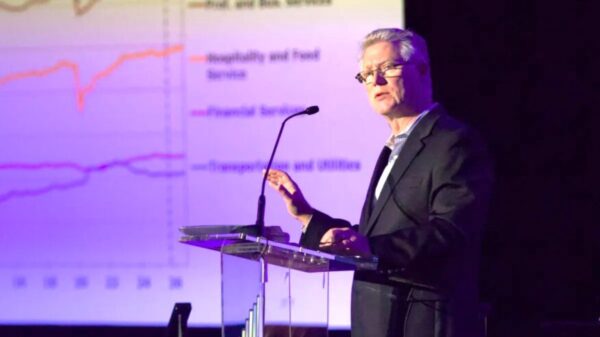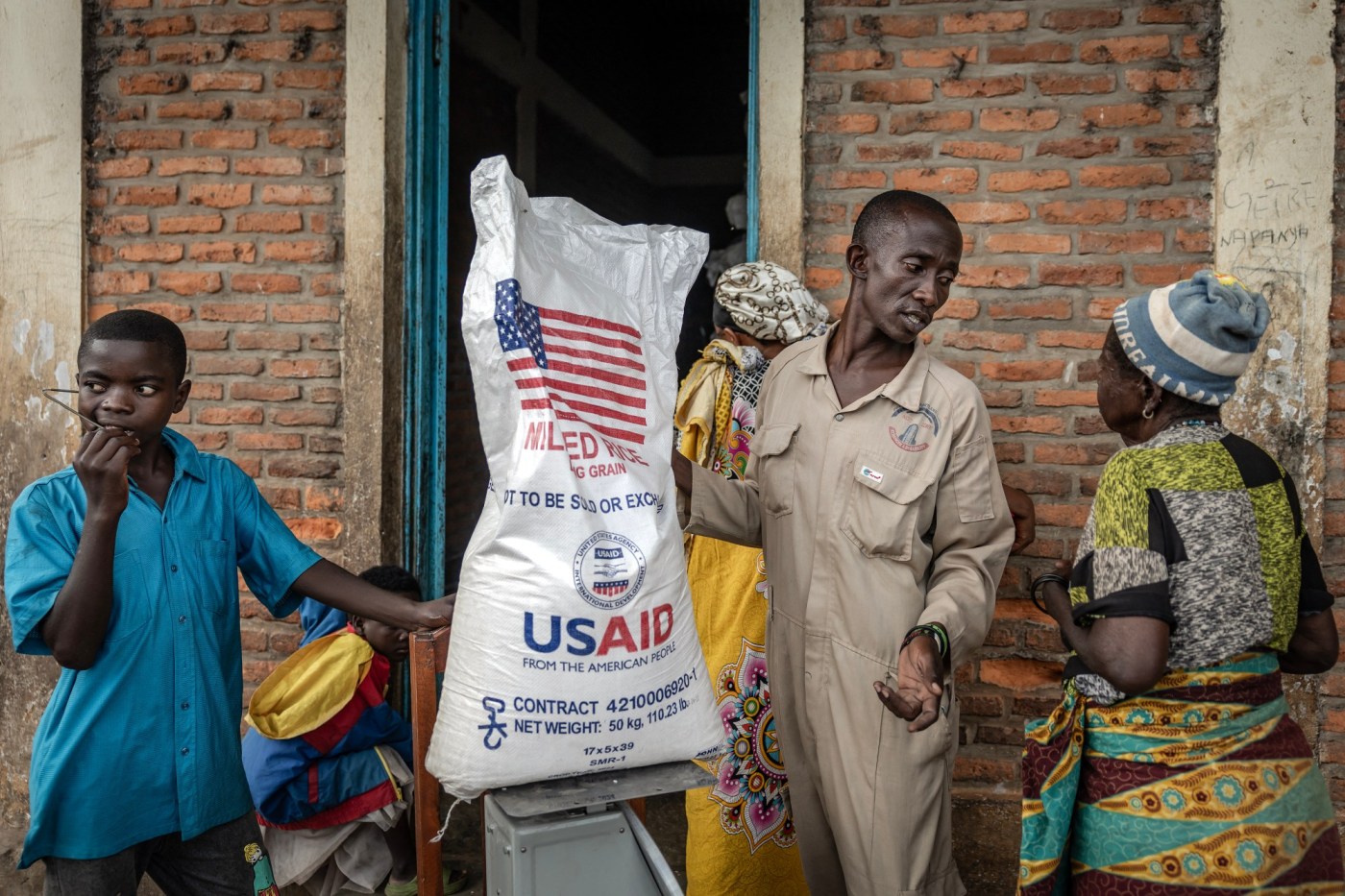The World Food Programme (WFP) announced on March 15, 2025, that it will suspend food and nutritional assistance across several crisis-stricken countries in West and Central Africa due to cuts in U.S. aid. This decision threatens to leave millions vulnerable to food insecurity as operations come to a standstill.
The WFP’s regional director, Margot van der Velden, emphasized the dire situation, stating, “We are doing everything we can to prioritize the most life-saving activities, but without urgent support from our partners, our ability to respond is shrinking by the day.” Currently, food stocks in the affected regions are expected to last only until September, putting countless lives at risk.
Immediate Impacts on Vulnerable Populations
Seven countries are facing severe repercussions, with operations already suspended in Mauritania, Mali, and the Central African Republic. In these locations, food supplies are projected to last just a few weeks. The situation is particularly critical in Nigerian camps for refugees from Cameroon, where aid distribution has been severely reduced.
According to WFP data, as many as 300,000 children in Nigeria are at risk of “severe malnutrition,” significantly increasing the likelihood of death. The International Rescue Committee reported a staggering 178% increase in inpatient admissions at its clinics in northern Nigeria between March and May 2025. Meanwhile, displaced individuals in Mali have not received emergency food supplies since June, a period during which food production is at its lowest in the Sahel region.
The ongoing conflict in Sudan has led to a continuous influx of refugees into Chad. However, emergency food supplies there are only expected to last through the end of the year. In Niger, the WFP anticipates a total suspension of food aid by October 2025.
Funding Challenges Amid Escalating Crises
The funding cuts stem from U.S. President Donald Trump‘s decision to reduce USAID and critical United Nations support, leaving many humanitarian organizations struggling to function. The WFP estimates that it requires $494 million to sustain its operations for the latter half of 2025, but it has exhausted its available resources. As a result, the organization is forced to prioritize the most vulnerable groups, including newly displaced refugees and children under five in northern and central Mali.
This suspension of aid operations is likely to exacerbate existing security challenges in the region. Oluwole Ojewale, a security analyst at the Institute of Security Studies in Dakar, warned that the combination of hunger and increasing instability could lead to further recruitment by jihadist groups. He stated, “When hunger comes on top of the layers of other challenges, it compounds the issue, and we have seen people take to terrorism and violent extremism basically because they couldn’t survive the biting reality of poverty.”
The WFP’s situation highlights the urgent need for international support and funding to alleviate the escalating humanitarian crisis in West and Central Africa. Without immediate action, millions face the reality of starvation and insecurity, compounding the challenges already facing these vulnerable communities.





































































